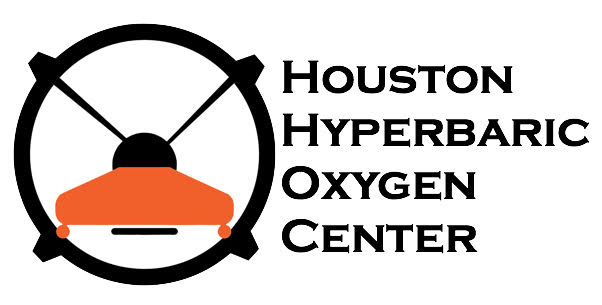Inflammatory Bowel Disease
Benefits from Hyperbaric Oxygen Therapy
Inflammatory bowel disease is typically made of of three parts; ulcerative colitis, Crohn's disease and pouchitis. Recent studies have shown "significant clinical, radiological and biochemical improvments that were maintained at the one year follow up". Results for Crohn's disease show improved quality of life and a reduction in fistula drainage. While ulcerative colitis results also show a increase in quality of life and a significant reduction in bowel frequency, pain, blood, and urgency.
HBOT is typically used in conjunction with other treatments. HBOT can be more useful in cases where the patient cannot receive standard treatments due to allergy, antibodies, shingles, or any other reason.
Related Studies
- Addition of hyperbaric oxygen therapy versus usual care alone for inflammatory bowel disease
- Systematic review with meta-analysis: effectiveness of hyperbaric oxygenation therapy for ulcerative colitis
- The Effectiveness and Safety of Hyperbaric Oxygen Therapy in Various Phenotypes of Inflammatory Bowel Disease
- Hyperbaric oxygen therapy in inflammatory bowel disease
- The role of hyperbaric oxygen therapy in inflammatory bowel disease
- Hyperbaric oxygen therapy is well tolerated and effective for ulcerative colitis patients hospitalized for moderate-severe flares
- hyperbaric oxygen therapy for ulcerative colitis patients hospitalised for moderate to severe flares
- Hyperbaric oxygen therapy for the treatment of perianal fistulas in 20 patients with Crohn's disease
- Hyperbaric Oxygen Therapy in Chronic Inflammatory Conditions of the Pouch
- Hyperbaric Oxygen Therapy Is Effective in the Treatment of Inflammatory and Fistulizing Pouch Complications
- Hyperbaric oxygen therapy for chronic antibiotic-refractory ischemic pouchitis
- Adjunctive Hyperbaric Oxygen Therapy promotes successful healing in patients with refractory Crohn's disease
- Hyperbaric Oxygen as Successful Monotherapy for a Severe Ulcerative Colitis Flare

